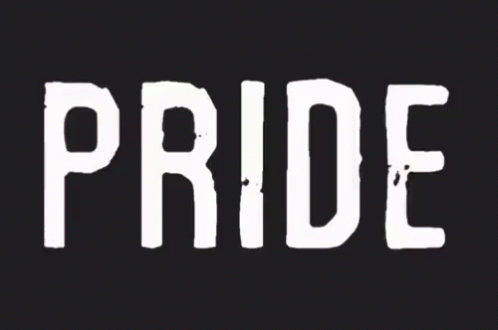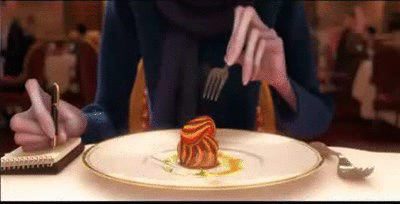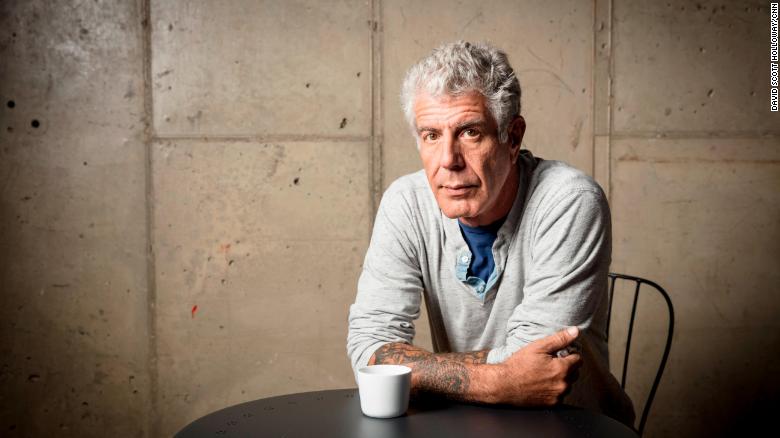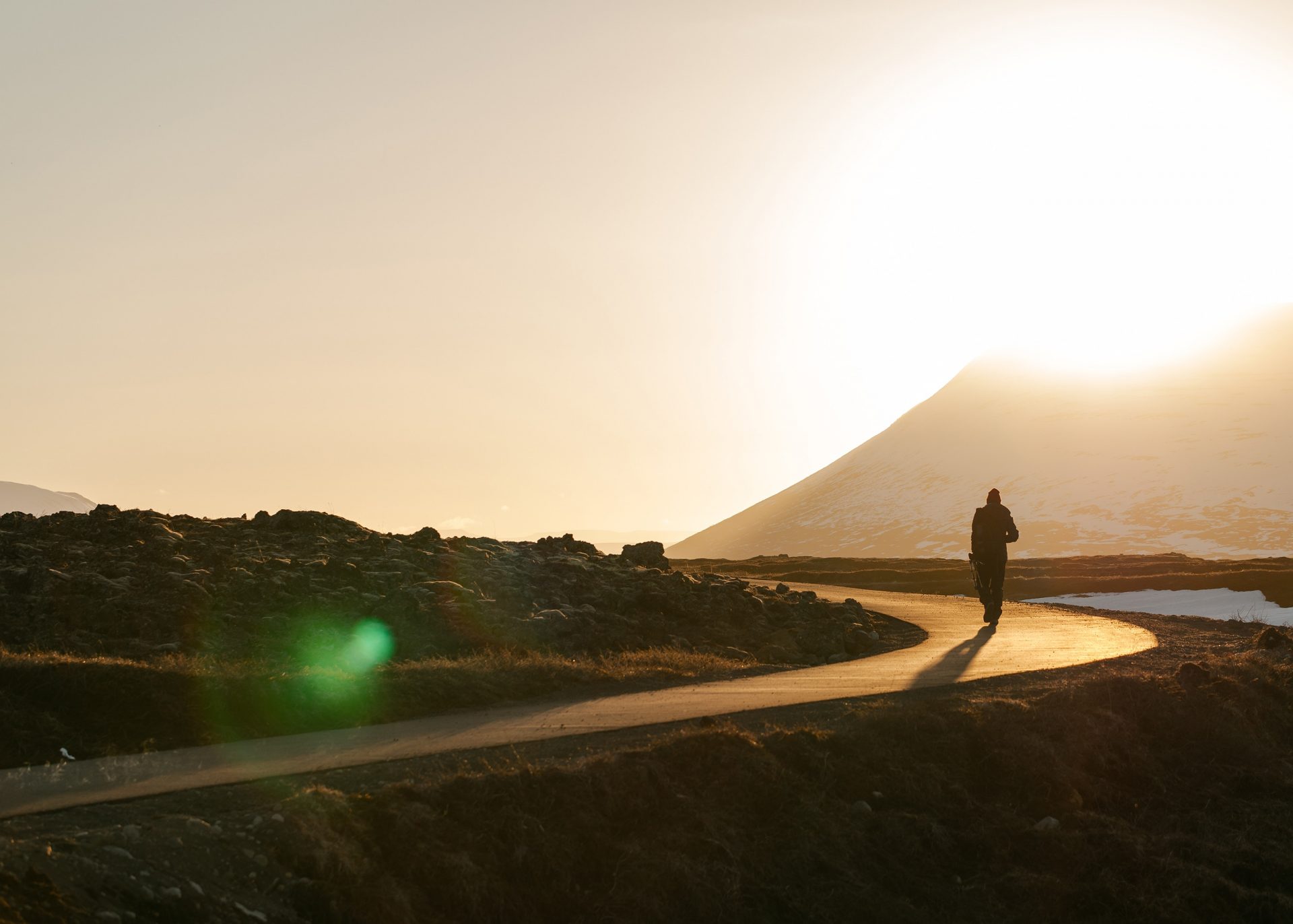Well, the world has just wrapped up another Pride Month, which may or may not have registered on your radar (or mine). Though the month of Pride is associated with the increasingly bewildering alphabet soup of, well, let’s call it gender and sexual nonconformity (‘LGBTIQ,’ I saw recently, realising I had no idea what almost half of those letters even stand for, or how some differ from others), pride as a concept is something I’ve always had trouble with, until very recently.

For most of my life, I struggled to reconcile how someone could be proud to be American, black, Malay, lesbian, trans, whatever – how can you take actual pride in something you really didn’t accomplish, but just kind of are? After all, I’m not proud to be a male of the human species, I reasoned, I was just born this way. So in that light, it didn’t make much sense to me, probably because I was confusing the concept of Pride (with a capital ‘P’) with the sort of pride that ‘goeth before a fall’.
Paradigm shifts in a person’s thinking don’t come often, and when they do occur, sometimes it can be the smallest of things that serves as a trigger. If you ever saw the Pixar classic Ratatouille, you’ll recall the arrogant, snobbish food critic Anton Ego whose worldview was shocked, challenged, and changed in the course of his first bite of a meal he was reviewing (the titular peasant dish ratatouille). Food wasn’t meant to be dissected and scorned and critiqued, he realised. It was meant to provide and promote sustenance, pleasure, goodwill, and fellowship. The man’s entire outlook changed in a moment.

For me, it was a few lines from an interview with a film director and something he said made me realise that Pride isn’t about undue boastfulness or immodesty. As he put it, Pride is about that moment that you recognise something – any attribute, really – about yourself and find that you can’t quite imagine your life without it. Whether it’s your race, your nationality, your sexuality, or even a curious personality quirk, finding Pride with a capital ‘P’ is about genuine self-acceptance. My entire view of Pride shifted instantly.
The world is frequently unkind to that which is unique. Too often, we punish those who don’t conform to what we as a society have prescribed as ‘the norm’. Pride is a way for the minorities in any population to not only reclaim that which never should have been taken from them in the first place, but also to highlight the value that diversity and differences bring to any society.
Malaysia rightly points out its multi-ethnic and multicultural bona fides, but it’s debatable how much it really embraces or promotes that diversity. Tolerance, after all, isn’t the same as celebration, and when a society says one group can’t do such-and-such because it might ‘offend the sensitivities’ of another group, then it calls into question how accepting and open a society really is. We have seen quite recently that, unfortunately, changing a government is one matter, but changing people’s way of thinking is entirely another. Racism, intolerance, and prejudice still rear their ugly heads with far too much frequency. In that truth, however, Malaysia is not remotely alone. Despite making remarkable strides in the last century, the human race still has a long, long way to go in its march towards equality, tolerance, and respect for others who are not just like us.
Coming to grips with this new thinking on what Pride is has really opened my eyes to the bravery exhibited by so many marginalised minorities. To be rather blunt, I realise that growing up male and Caucasian in the United States inherently shielded me from a lot of the prejudice and discrimination that others are forced to endure – not for their actions, but simply for being who they are. That’s not right, nor is it something we should ever accept.

One fellow male Caucasian who was a strident advocate for the world’s marginalised was Anthony Bourdain. I counted the late writer, chef, and TV host as both a kindred spirit and personal hero, so I was completely gutted when he took his own life in June at the age of 61. To me, Bourdain lived life on his own terms: openly, passionately, and honestly. Though he came to prominence as a cook, it was his writing that really captured my interest. And apart from being a truly gifted writer and talented chef, he oftentimes called out those in power, championed the causes of the downtrodden, and used food as not only a tool for communication, but as one for bringing people together. He had a special affinity for the peoples and cuisines of Southeast Asia and made worldwide headlines in 2016 when he sat down with President Obama in a humble Hanoi food stall and enjoyed some local noodles and beers. Truly, he lived the real spirit of Pride, likely unable to imagine life without his love of food or that of the written word. But who can really say? Like many creative geniuses, it seems Bourdain struggled with depression and, at times, substance abuse. Perhaps self-acceptance ultimately eluded him. All I know is that his death was a terrible loss for millions of his fans around the world.
As Ralph Waldo Emerson wrote, “It is easy in the world to live after the world’s opinion; it is easy in solitude to live after our own. The great man is he who in the midst of the crowd keeps with perfect sweetness his independence.” Find the unique, independent elements in your own life, those that you cannot imagine yourself without, and learn to love those parts of yourself. The path to true self-acceptance, flaws and all, is the foundation of Pride, and that’s something to be celebrated no matter who you are or how you identify.
*This article originally appeared in The Expat July 2018.
"ExpatGo welcomes and encourages comments, input, and divergent opinions. However, we kindly request that you use suitable language in your comments, and refrain from any sort of personal attack, hate speech, or disparaging rhetoric. Comments not in line with this are subject to removal from the site. "





















